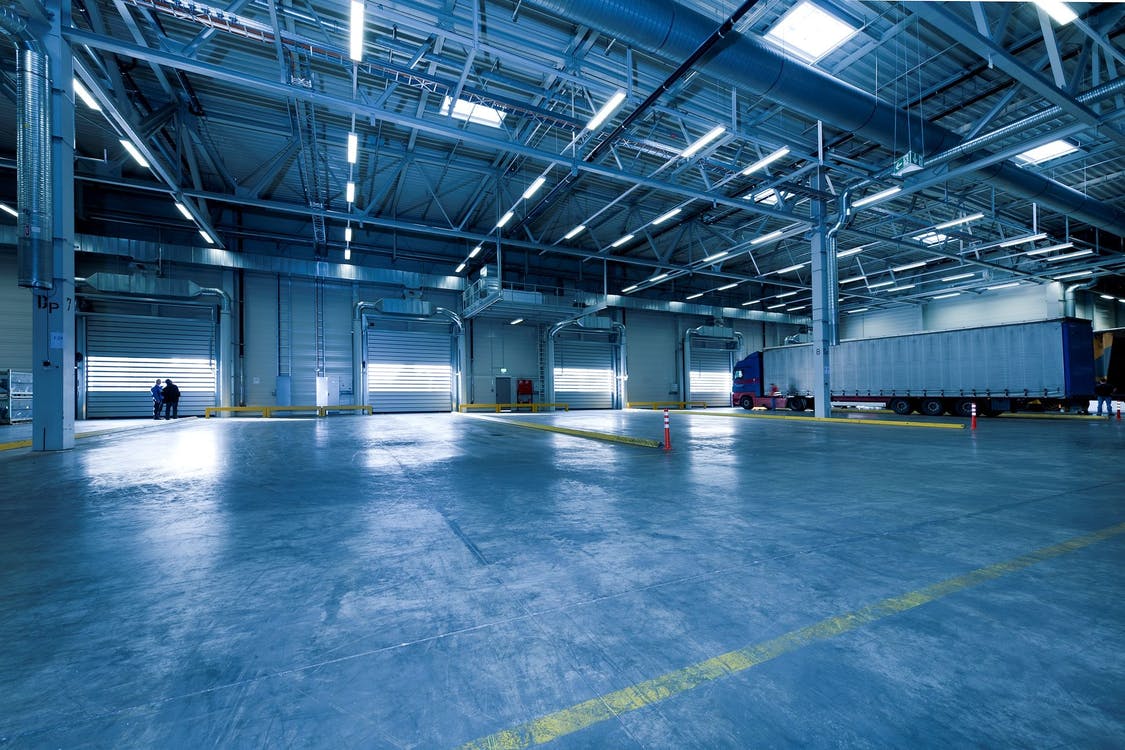By Maya Gul
The fleet industry is experiencing heavy disruption at the hands of technology. All the processes are now going digital, and AI is taking over every segment that involves decision making.
There’s no doubt that businesses that fail to open up to the changing trends won’t survive the competition because fleet companies with digital processes are already spending less capital, efforts, and time.
Several trends are fast changing the landscape of the fleet industry. If you own a fleet or run a business with its own fleet of vehicles, you have to stay abreast of thetrucking industry updates.
Here are the top trends that are shaping the future of fleet management.
Ideas That Are Changing The Trucking Industry
1. Telematics And Tracking
Telematics and fleet tracking are redefining how fleet companies executed their assignments. They are not new but will continue to be one of the top trends in the fleet industry.
Telematics and tracking have helped fleet managers keep an eye on their drivers’ working hours through ELDs. Plus, driver behavior can be monitored via telematics to ensure fleet operators are protected on the road.
Telematics has also been crucial in providing data for inventory and maintenance schedules.
It is expected that more technology will be added to the folds to provide more information than ever before. In the future, telematics and tracking will provide more efficient and precise execution.
The latest technology will pin-point real-time locations along with the ability to share information with others. These functions will help fleet managers make dynamic changes to routes and pick-up points.
2. Artificial Intelligence And Machine Learning
Since technology grows by the day, you must stay up-to-date with trends such as artificial intelligence (AI) and machine learning (ML).
These innovations in technology have substantially impacted the logistics industry. The fleet domain produces a lot of data needed to reveal trends and identify links, handled very well by AI.
AI and ML can handle workforce planning, supplier selection, route analysis, warehouse management, and so much more. It has effectively reduced human intervention by taking up decision making in crucial functions.
AI and ML are expected to further revolutionize the processes by eliminating human-made mistakes and empower companies to avert any bad practices in the workflow.
Both AI and ML are state-of-the-art technology tools designed to bring visible results and help logistics businesses tackle the most difficult of issues.
3. IoT
IoT or Internet of Things has disrupted several industries, including logistics.
This industry required proper co-ordination and effectiveness, and IoT stepped right in the middle of the chaos to offer the best connectivity and internet.
The arrival of IoT in logistics has resulted in smooth data exchange between multiple elements and teams of a business. This improved flow has further facilitated efficient control of critical assets.
Fleet managers can now predict risks, check the condition of goods while in transit, forecast traffic congestion, assure proper cargo handling, manage teams, and do more remotely.
IoT in logistics is here to stay and will significantly shape the sector’s future. It is going to be the backbone of smarter and more predictive fleet management solutions.
Supporters of IoT expect that the trend will result in huge savings for the industry and substantially reduce emissions produced by the transportation and logistics industry.
4. Blockchain
Blockchain is often associated only with cryptocurrency, but the truth is, it can do so much more than what we know. It can, in essence, boost the sustainability of the operations that influence the fleet sector.
The logistics industry has been taking advantage of blockchain via decentralized ledgers that improve transparency for customers and let them track the whole journey of their product until it arrives at their door.
The supply chain sector is in dire need of increasing trust levels, and blockchain can effectively help by further securing digital payments.
Blockchain can also play a crucial part in the logistics industry with the help of smart contracts. A smart contract enables logistics companies to automate the buying process, minimize red tape, and increase transparency.
Blockchain is in its initial phases, but it is sure to progress fast and become one of the most popular trends at the core of the transport industry.
5. Computer Vision
Computer Vision (CV) is a technology that enables computers to identify images and videos. This technology is new to the industry and has found its place in delivery, accident management, and warehouse automation.
It can handle multiple tasks like barcode reading, warehouse territory monitoring, employee tracking, etc. and be useful in theft prevention and avoiding safety violations.
Computer vision may take some more time to be fully accepted in the industry, but once its benefits are recognized, this trend will be one of the driving forces of the transport industry.
6. Fleet Management Programs
Fleet management programs or transport management systems are software tools that bring all the technology used in a fleet business on a single platform.
This program is where you will find all the data collected by the technology and tools to process them. The trend is useful for implementing new fleet strategies for optimum efficiency.
Transport management is already being used for route optimization, carrier management, digital record management, and more. But the program is constantly evolving to add new functions.
Suffice it to say that these systems are here to stay and will soon be adopted by both small and big fleet and logistics companies.
Conclusion
All the trends in the transport industry, right from the well-knowngps definitionto the latest computer vision, are meant to improve processes and simplify transactions.
The trends mentioned above are fast changing the industry with their capabilities and enabling businesses to provide their employees with a safe transit that they deserve.
Fleet managers and fleet businesses can now invest in technology and achieve complicated tasks like accident management, warehouse management, and route planning without human intervention.
The best part is, all the tech and gadgets can be customized to scale, and every company, no matter its size, can take advantage of the up and coming trends in the industry.
Link: https://www.tapscape.com/trends-that-are-shaping-the-future-of-trucking-and-fleet-management/
Source: https://www.tapscape.com

















Leave a Reply